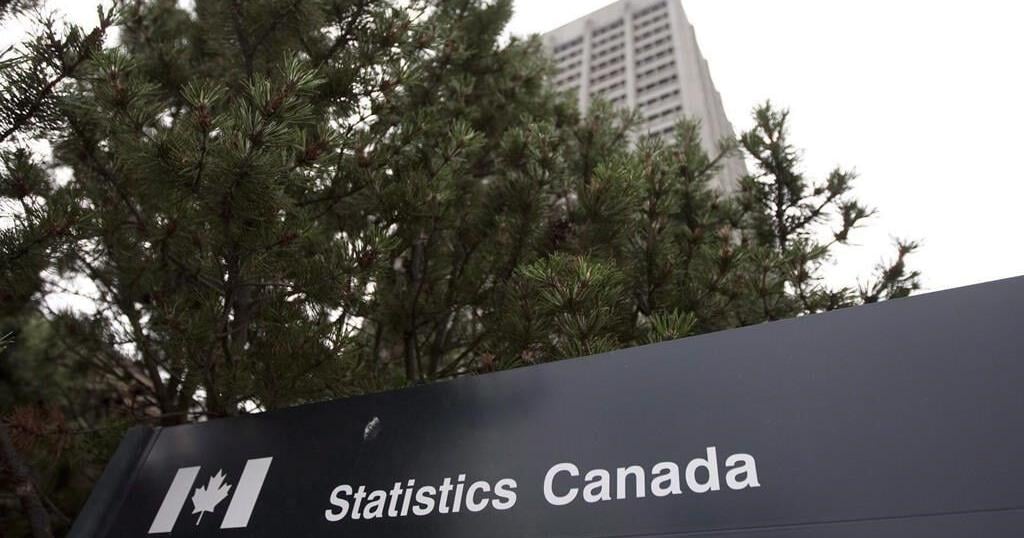OTTAWA – Canada’s unemployment rate increased to 6.6 per cent in August as students continued to face a difficult summer hiring season.
Statistics Canada’s labour force survey on Friday showed the economy added a modest 22,000 jobs last month, lagging the pace of population growth.
The jobless rate increased from 6.4 per cent in July.
Employment last month rose in educational services, health care and social assistance and finance, insurance, real estate, rental and leasing.
Meanwhile, it fell in the other services category as well as professional, scientific and technical services, utilities and natural resources.
Students returning to school in the fall faced a particularly challenging summer job market this year, with their unemployment rate rising to the highest level since summer 2012 – excluding the pandemic summer of 2020.
Between May and August, the unemployment rate for students was 16.7 per cent on average, up from 12.9 per cent last year.
The summer job market was even more difficult for Black, Chinese and South Asian students, who faced considerably higher unemployment rates.
Black students had the highest unemployment rate of 29.5 per cent, up a whopping 10.1 per cent from summer 2023.
The latest rise in unemployment comes days after the Bank of Canada delivered its third consecutive interest rate cut and signalled more would likely be on the way.
Governor Tiff Macklem has repeatedly said the central bank wants economic growth pick up again, acknowledging the job market has slowed down significantly.
As finding work becomes more challenging, the number of unemployed people grew to 1.5 million in August, a 22.9 per cent jump from the same month last year.
Friday’s report notes that of those who were unemployed in July, 16.7 per cent had transitioned to work in August, a smaller share than in August 2023.
Despite the marked slowdown in hiring, workers have continued to enjoy rapid wage growth, with many of them restoring their pre-pandemic purchasing power.
Overall, average hourly wages in August were up five per cent from a year ago, reaching $35.16.
However, recent immigrants’ wage growth has been flat.
Statistics Canada says average hourly wage growth for those who landed in Canada over the last five years decreased by 1.3 per cent on a year-over-year basis.
Meanwhile, more established immigrants saw their average hourly wages increase by 6.3 per cent.
Canadian-born workers’ wages have risen six per cent over that period.
This report by The Canadian Press was first published Sept. 6, 2024.


































